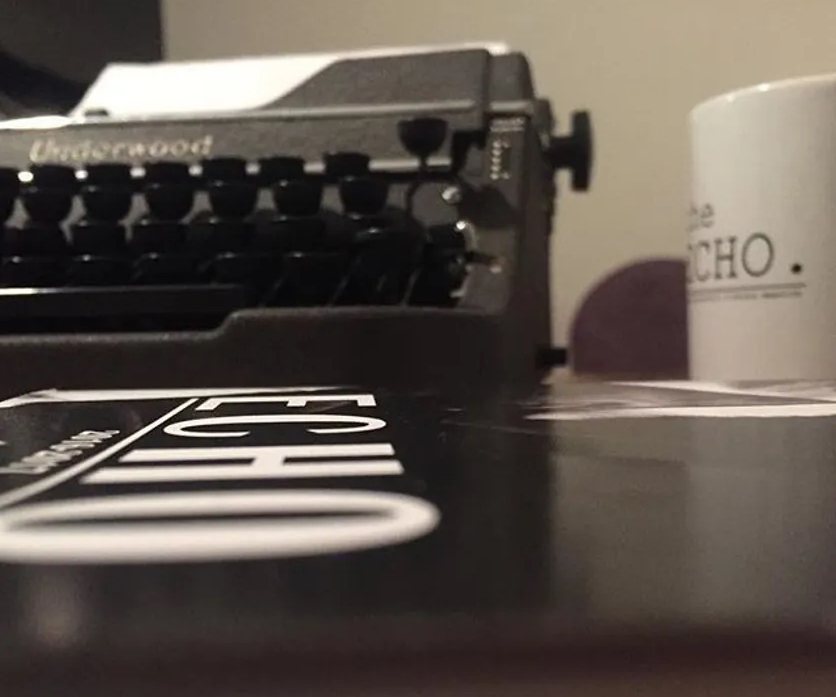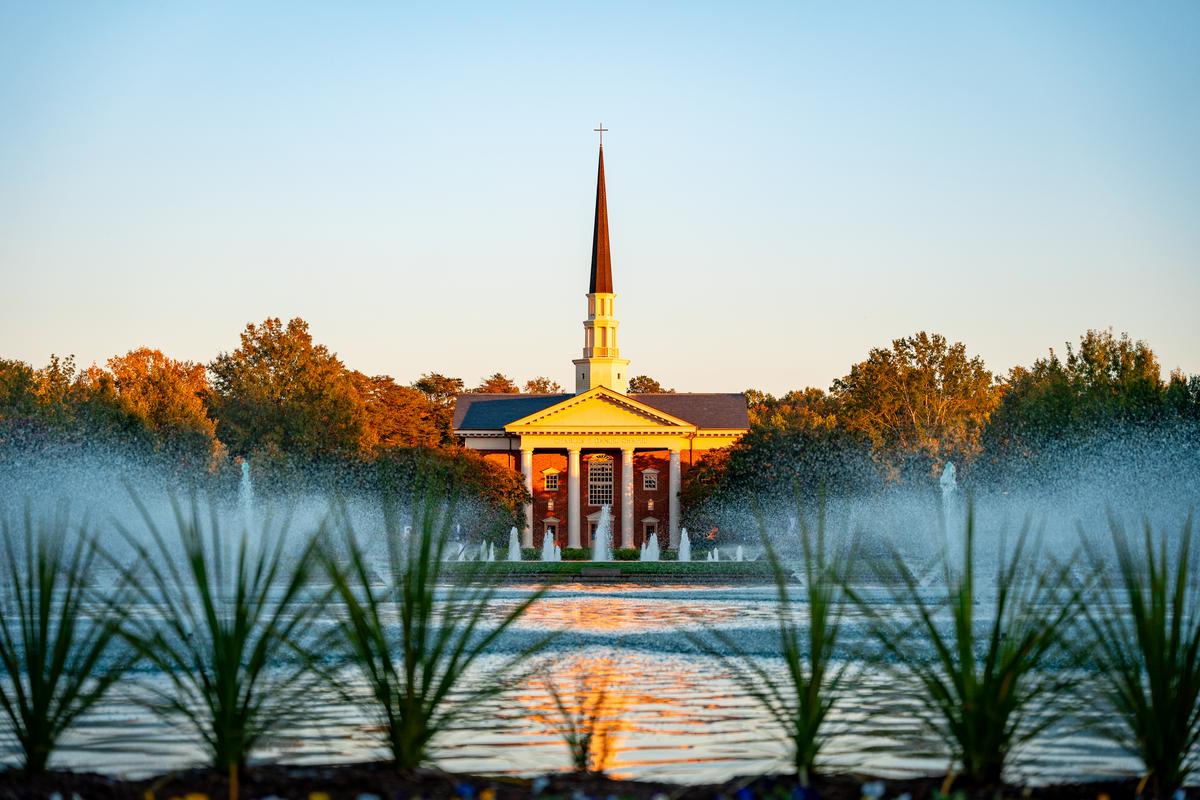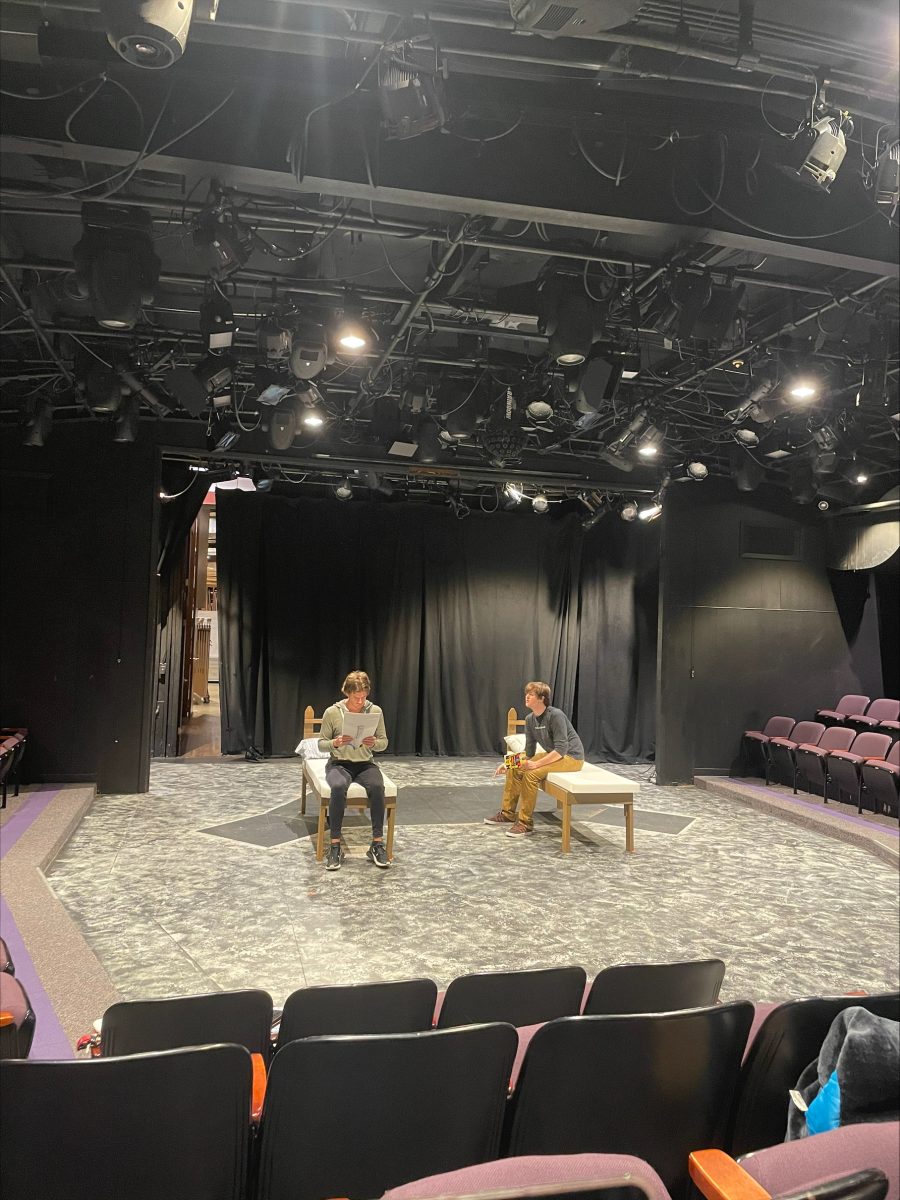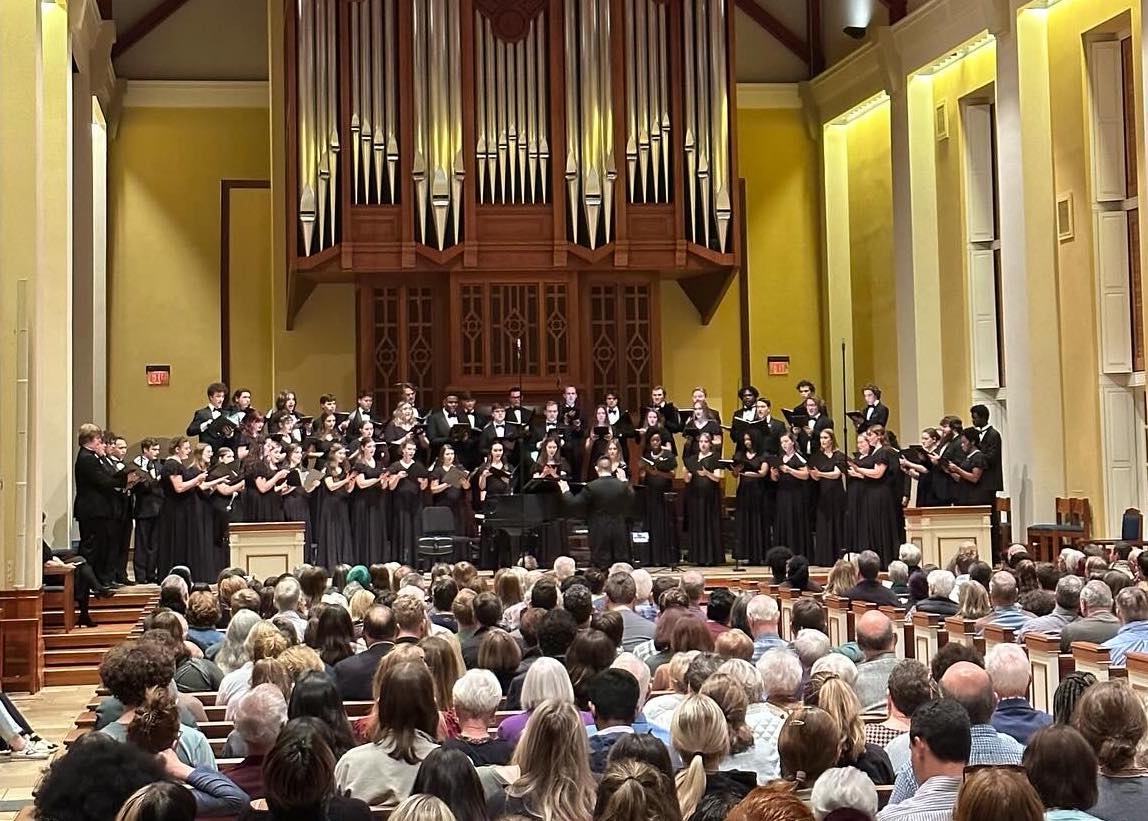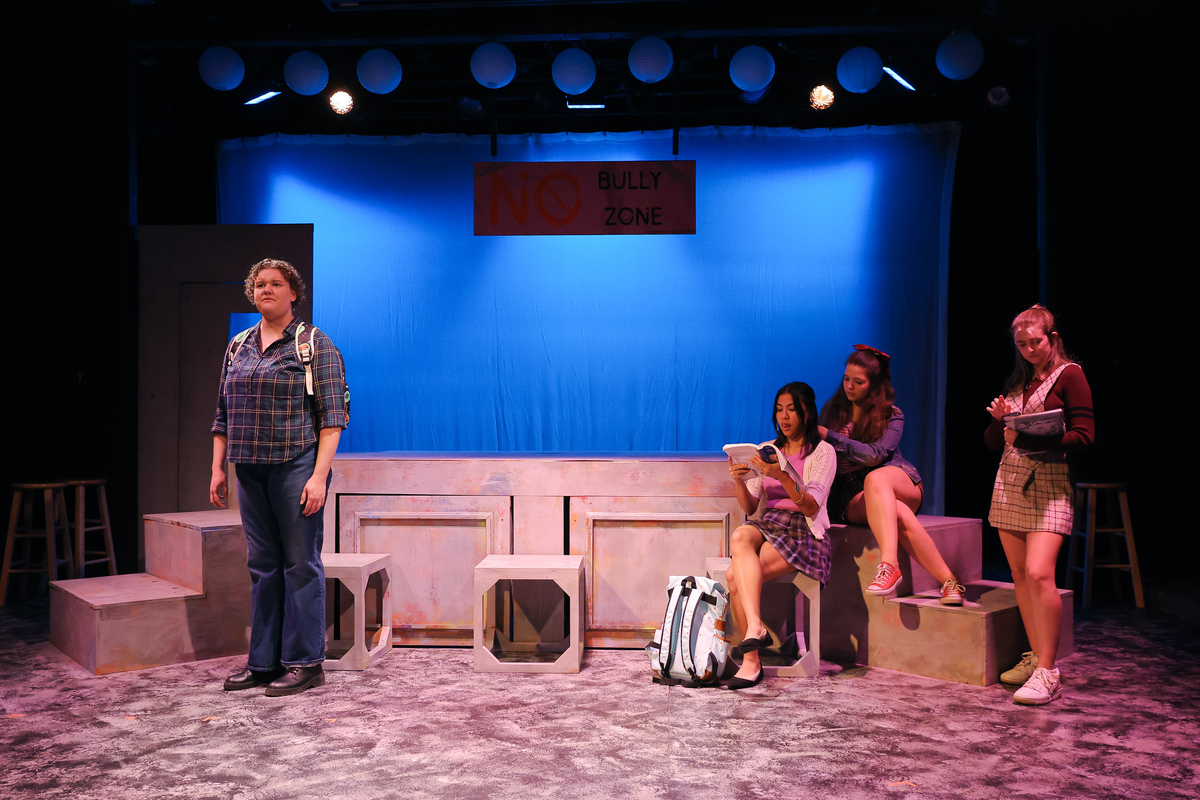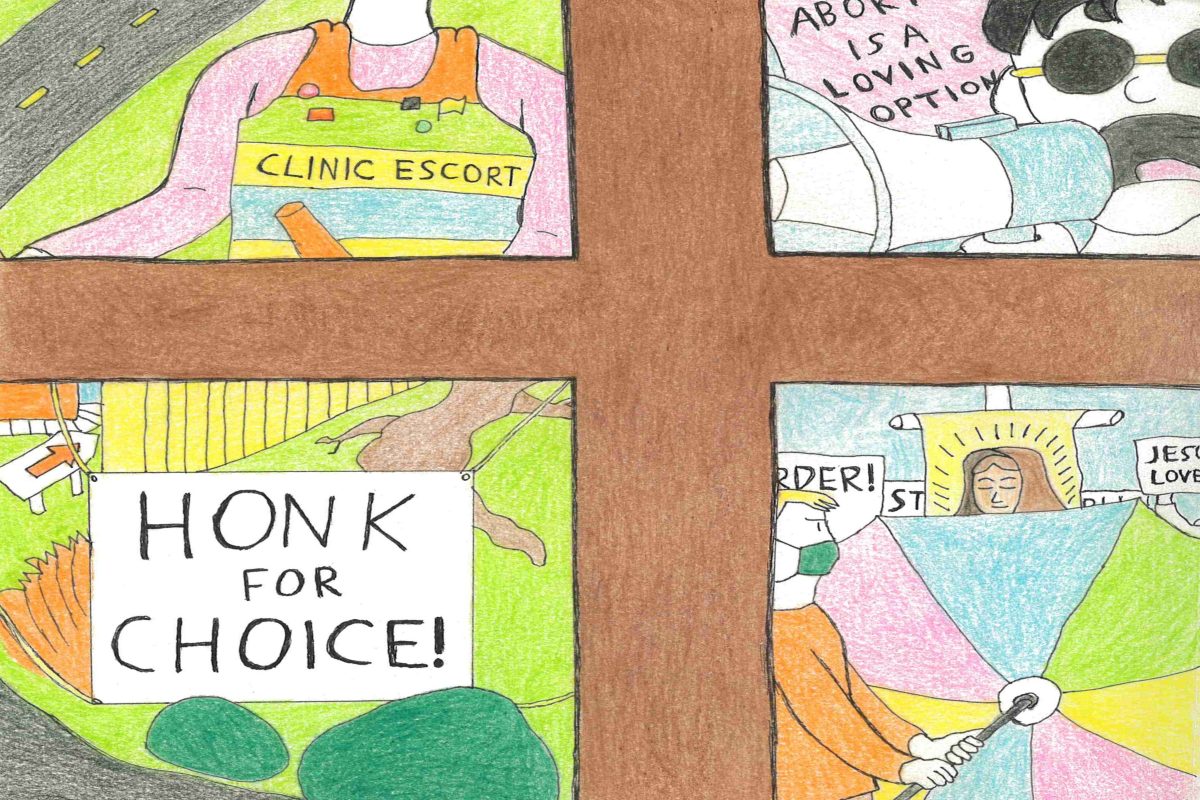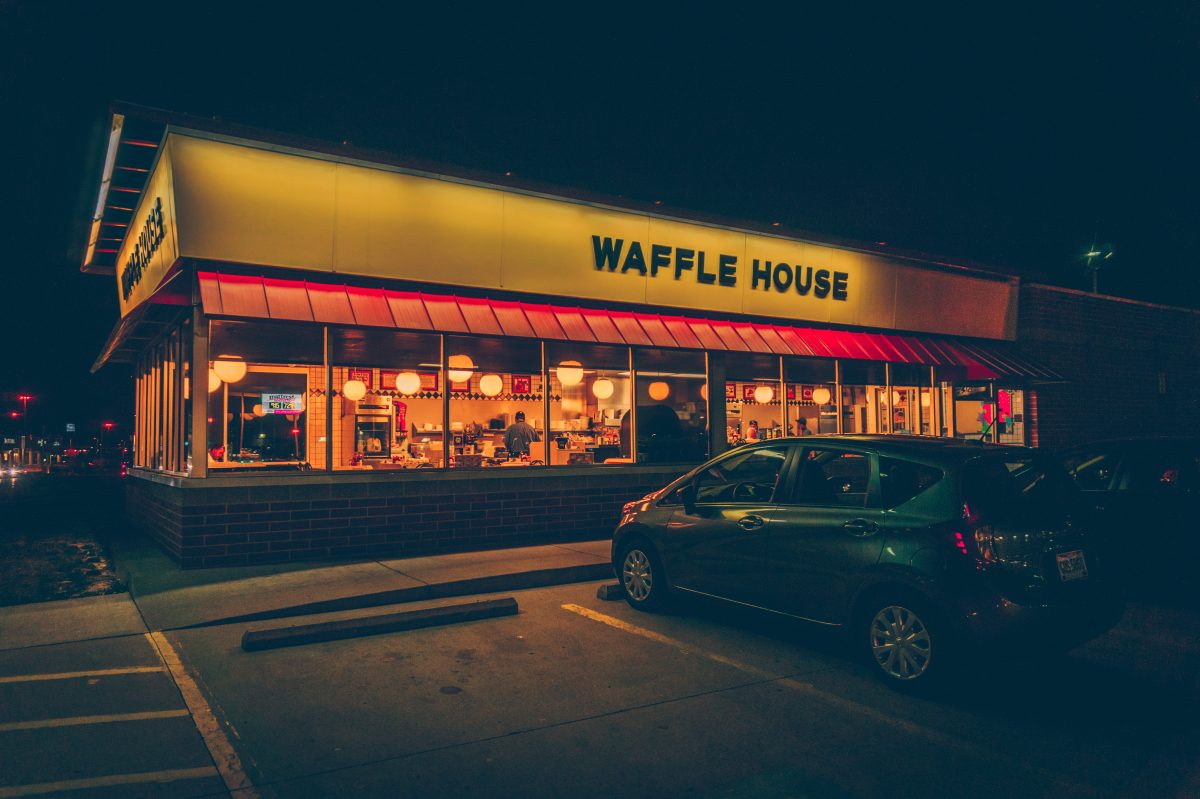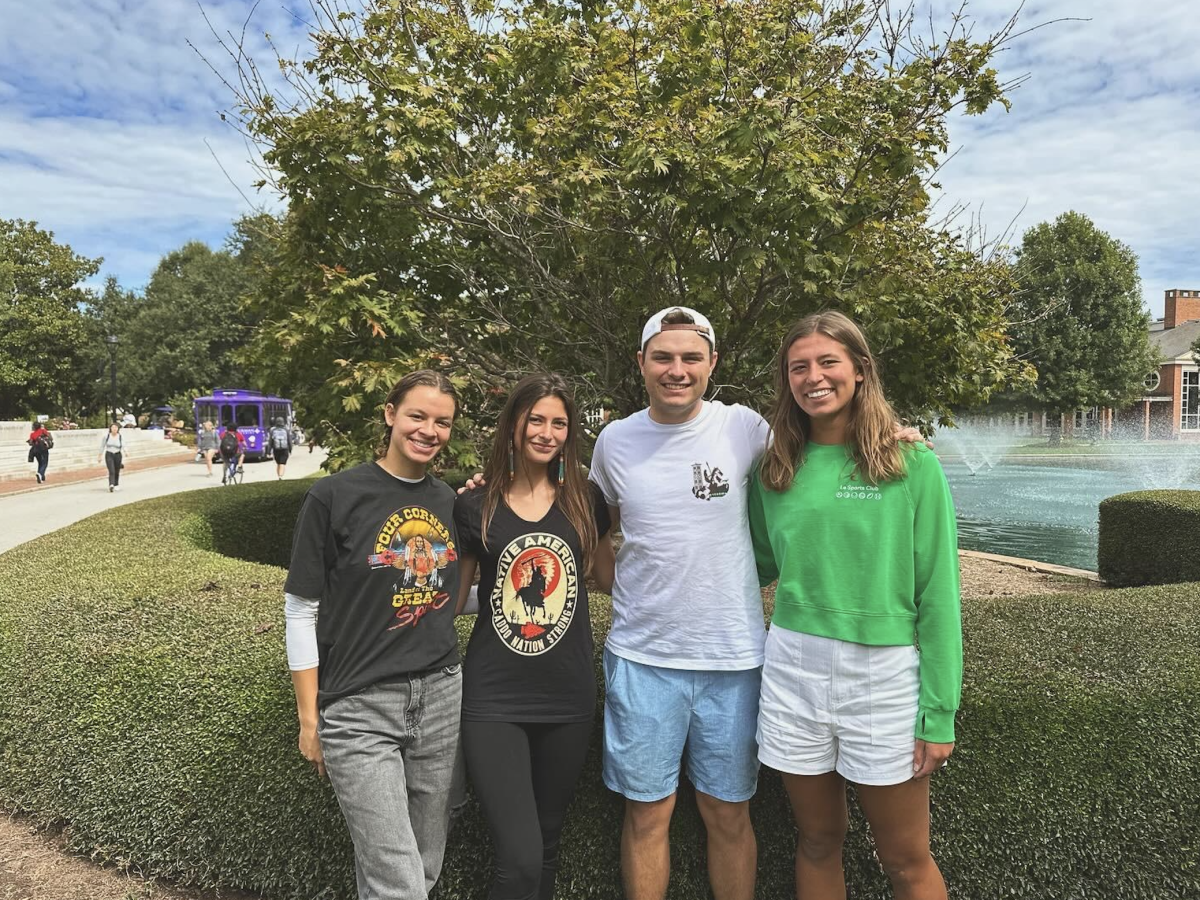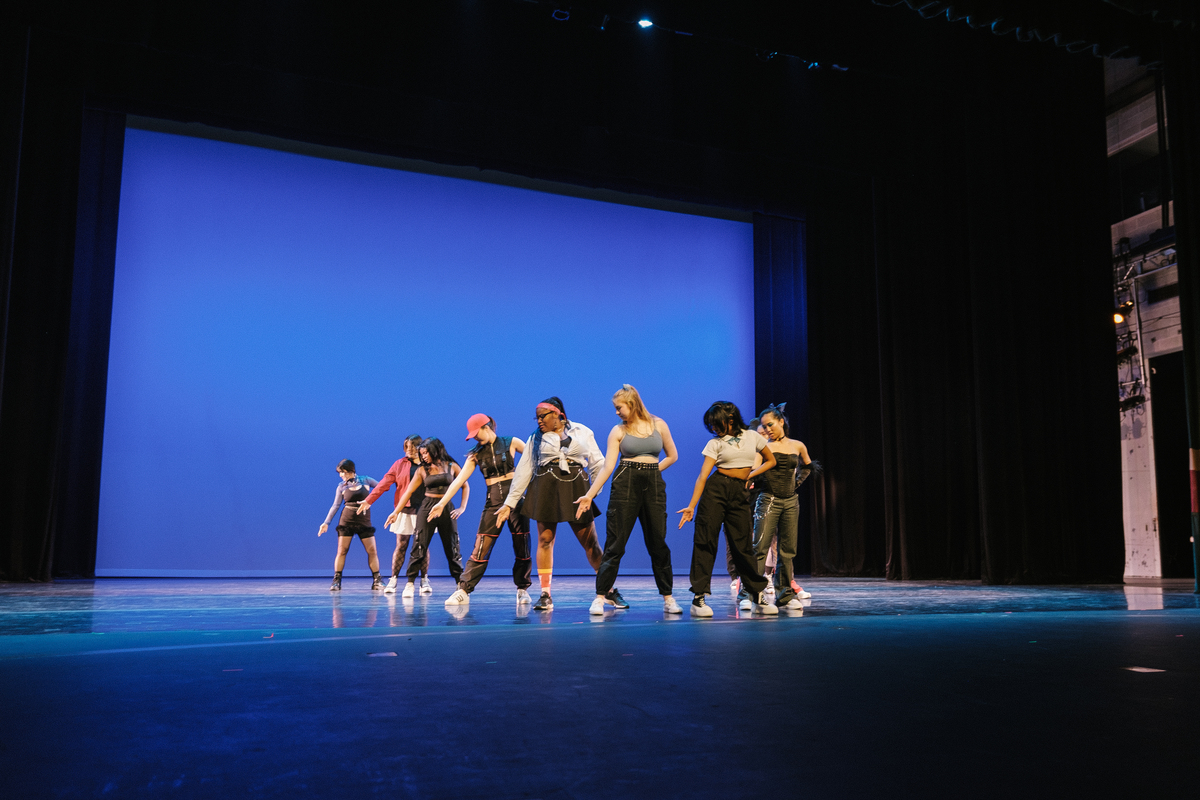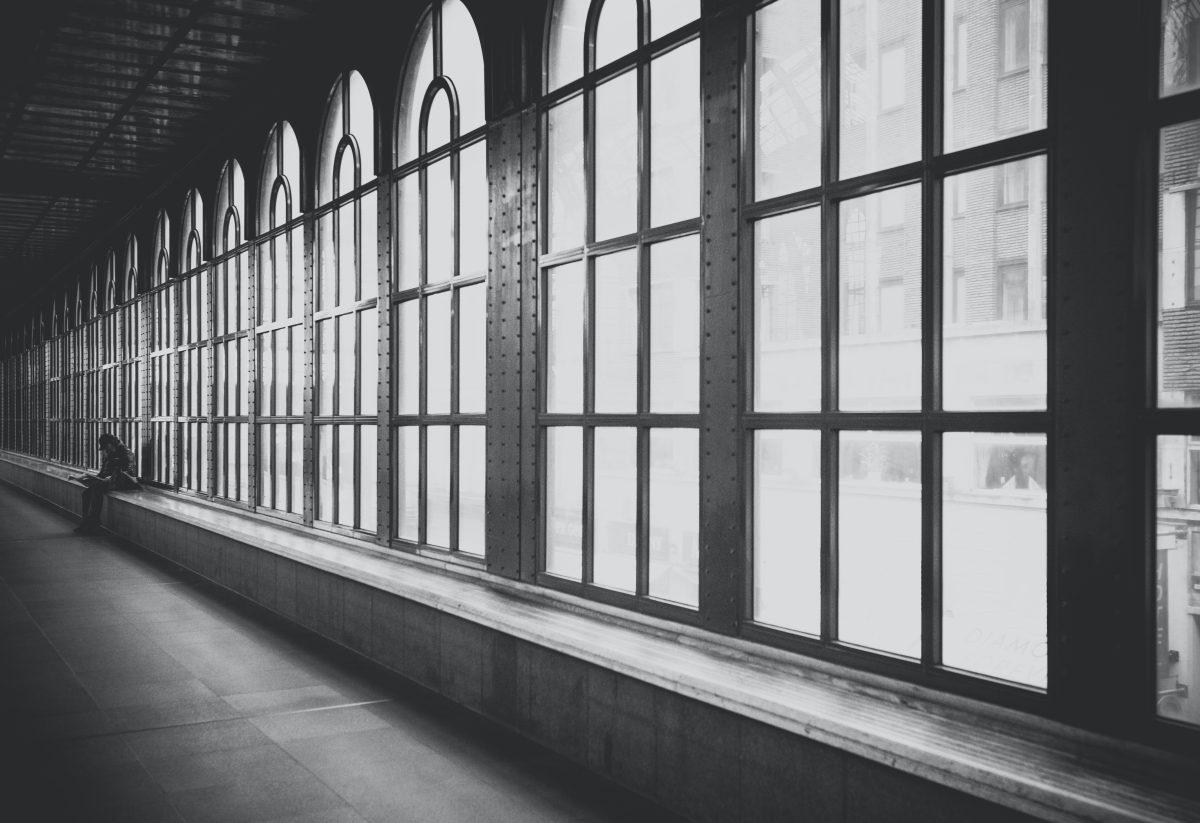The Echo, Furman’s literary magazine established in 1893, is truly a treasure of our campus. Filled to the brim every year with dazzling poetry, stunning prose, and beautiful artwork, it is a condensed amalgamation of the varied artistic output coming from the school. The importance of this expression lies in its freedom to do so–a freedom that we as students should be grateful for, as we have not always had it.
The Echo hosted a CLP on Tuesday, Nov. 7 to talk on this topic of free expression, focusing specifically on the Spring 1955 issue. The theme of the issue that year was “Social Consciousness,” embodied in the racial issues expounded upon by the writers.
One of the first pieces was an essay entitled “No Way Back” by Joan Lipscomb, the editor at the time. A direct response to the Brown v. Board of Education decision, Lipscomb’s words passionately marked the significance of the event as a landmark in American history.
Another highlight was a book review directed at the Southern Baptist Church, “The Perversion of Baptist Heritage” by Charles King, then the Editor-in-Chief of The Hornet, which was the precursor to The Paladin. This was especially audacious considering the South Carolina Baptist Convention established and provided funding for Furman, and continued its relationship to the school long afterward.
The faculty board disapproved of the issue and destroyed its 1,500 copies, prompting King to take the issue to the Greenville News — where it grew to national attention. Most prominently published in the Jet, a prominent Chicago magazine highlighting the issues and culture of the African American community, the issue even garnered a letter of congratulation to The Echo, written by the president of the NAACP.
In the wake of this issue, a student publication review board was created the following year, and students were fully allowed to own their own words, which was a huge step forward before “In loco parentis” was struck down, starting with Dixon v. Alabama in 1961. Yet, the long-standing significance of the issue beyond simply censorship cannot be understated.
The 1950s acted as a direct response to World War II, with a national culture of paranoia, creeping its way into the South Carolina Baptist Convention. This fear was most evident in the days after the Brown Decision in 1954, as white families mustered their resistance against educational desegregation with the “White flight” phenomenon.
Furman was no different. Having purchased new campus property in 1953 from the pockets of the Southern Baptist Convention, they had their hands tied when the Convention came back after the Brown v. Board decision and still refused to desegregate the institution. These students were pining for a different future against not only the administration of the school but the national phenomenon of mass anglican impudence towards the Civil Rights Movement.
The Spring 1955 issue of The Echo brings up a key issue of the agendas behind censorship. Is censorship just about the masses moving in a way we do not want them to? What these young students understood is the significance of uninhibited expression. What’s more impressive is that they published this issue in an era before the Berkeley Free Speech Movement, before the John Lennon and Andy Warhol generation, before Jack Kerouac’s “On the Road” or “The Free Wheelin’” Bob Dylan.
The actions of these Echo contributors and Furman students throughout the 60s draw a comparison to our modern day, as our students have once again have jerked the reins of collective culture. The Southern Students Organizing Committee at Furman (the largest chapter in South Carolina) performed various reforms such as ditching the dress code, ditching mandatory ROTC and Chapel, and creating the CLP program that we know and love. These seem tame now, but 60 years ago their audaciousness was apparent.
Dr. Ellis said beautifully in response to the “No Way Back” piece that “Writing this [piece] is a powerful act of justice. Inclusion at Furman is a choice.” Commemorated with a 50th anniversary issue in 2005, this sole surviving issue is an important piece of Furman publication history. Thanks to the recent CLP, we are reminded of its significance.


























